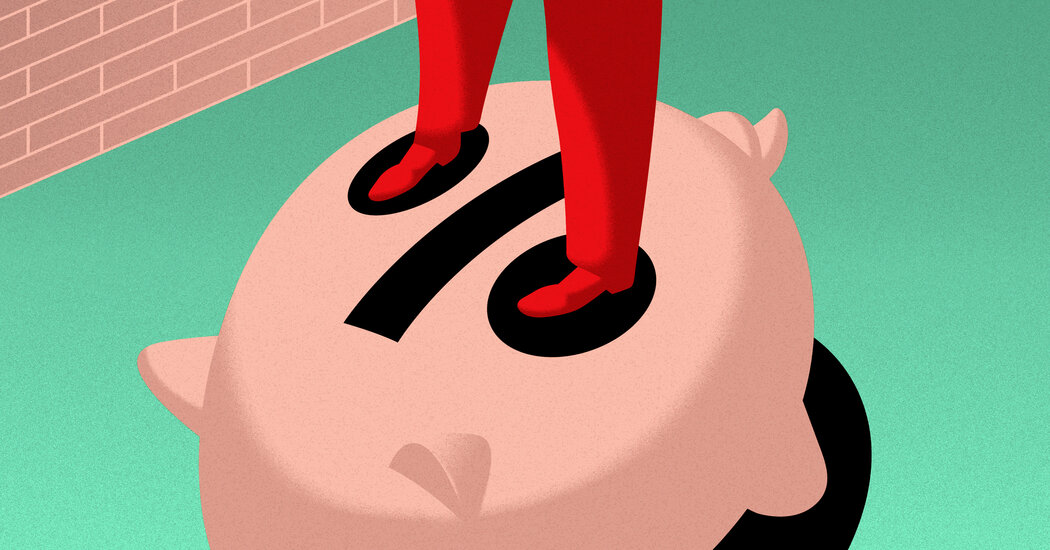
But there are some details to pay attention to: Once you buy the bonds, you can’t redeem them for one year. And if you redeem them before five years, you’ll lose your last three months of interest.
An individual can buy up to $10,000 in digital I bonds each year via the TreasuryDirect website. And you can buy an additional $5,000 in paper bonds using your income tax refund.
Here are some questions and answers about savings options:
Do I have to be a member of a credit union to open an account?
Credit unions are member-owned financial institutions, and you typically must join to open an account. Membership is often restricted to people living in a certain area or sharing interests, like the same employer or service in the military. But rules have become more flexible in recent years. For instance, “everyone is eligible to apply” to join PenFed, said Spencer Kenyon, a spokesman, because it merged in 2019 with a credit union with an “open” charter. To join, you simply need to open and maintain a basic savings account with at least $5.
I found a bank offering higher savings rates, but I’ve never heard of it before. Is it safe?
Smaller regional banks and online banks are more likely to offer higher rates but may be unfamiliar to consumers. But as long as the bank or credit union is federally insured, Mr. Tumin said, your funds are protected. The F.D.I.C. and its credit union counterpart, the National Credit Union Share Insurance Fund, protect savings deposits of up to $250,000 per depositor, per bank.
Banks must indicate that they are F.D.I.C. members. If you are unsure about a bank’s status, you can use the F.D.I.C.’s bank finder tool. Most so-called neo banks or fintech companies aren’t insured themselves but team up with F.D.I.C.-insured banks to hold deposits. The F.D.I.C. recommends confirming the details of how the company handles deposits. Customers should also verify the name of the bank holding the funds and confirm that it is federally insured.
Should I keep my emergency savings in a basic savings account or seek higher rates?
Emergency savings should generally be kept in a liquid savings account so you can withdraw the funds quickly if you have an unexpected expense, said Kia McCallister-Young, co-director of America Saves, a campaign of the Consumer Federation of America.
Depending on how much of a cushion you have saved, you could put part of your reserve into a higher-rate certificate of deposit. But you should probably choose a shorter-term C.D. so your funds aren’t locked up for a long period. And if you’ve had trouble building a rainy-day fund, Ms. McCallister-Young said, tax time is a good time to start: You could put all or part of your refund aside to get the account started.
You could also check with your employer. About 15 percent of large employers offer options to help workers build rainy-day funds, according to the Employee Benefit Research Institute.







